Do you, as a fresh produce company, want to market an exclusive product? Then, you must pay extra attention to its presentation, starting with the packaging. Dutch cooperative Harvest House's Amorena tomatoes - "one bite and you immediately fall in love," say its growers - fit that bill. Their honeycomb arrangement in a soft-colored cardboard tray undoubtedly intrigues consumers. Who can resist them?
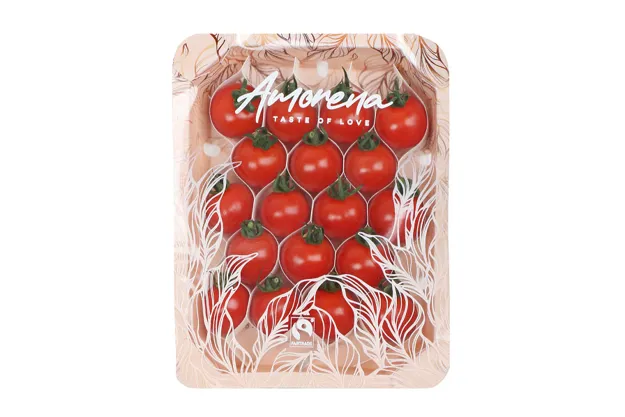
Harvest House wanted premium packaging for its 'deep-red, irresistibly sweet cherry tomatoes.' They chose cardboard, not plastic. The cooperative called upon Quality Pack, which specializes in designing and producing fruit and vegetable packaging solutions. "We made a cardboard tray that fits into the same mold as its plastic counterpart so the customer didn't have to adjust their machine," begins Marnix van der Caaij of Quality Pack, pointing out an asset of this innovation.
The honeycomb harks back to a pattern one of Harvest House's tomato crates used to have. "A bit of nostalgia, now in the form of an 18-tomato insert in our solid cardboard tray. A luxury packaging for a premium product."
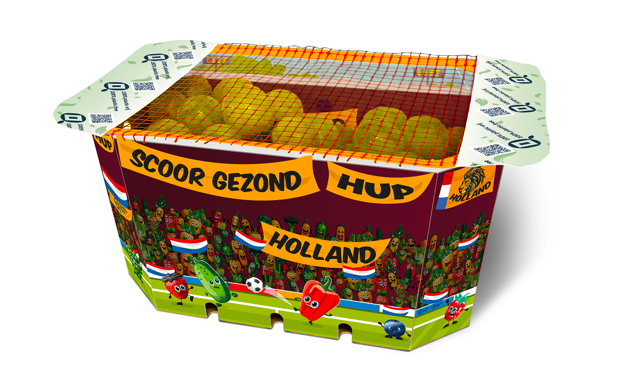
PET film seals? No problem
These were the first cardboard trays Quality Pack introduced on the market. At present, they have the standard K37 and K30 plastic trays available in the more sustainable cardboard alternative. Clever adaptations mean the packing plant machines do not have to be changed. This solution uses a barely 25-micron thick PET top-seal film for sealing. After use, the cardboard can be recycled with waste paper and the easily removable film with plastic. "The PET film quickly adheres to the tray, usually within 0.2 seconds at a temperature of 150°C," Marnix explains.
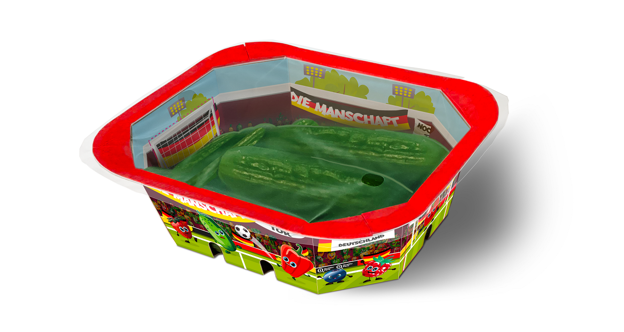
Sign up for a UEFA version
With the European Football Championship approaching, Quality Pack has a UEFA version of the trays with a standard print for the Dutch and German-speaking markets. "The product target groups are snack vegetables and soft fruit: tomatoes, cucumbers, bell peppers, strawberries, and blueberries. We've messaged all our partners, and they can sign up. They, thus, don't have to run a large batch themselves and risk running out of stock. We want to produce about a million of these trays so everyone can benefit from the economies of scale. We can also adjust the printing slightly."
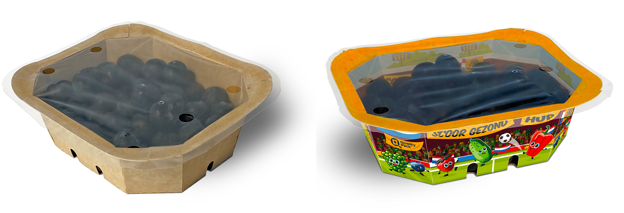
The French market is the driving force
The packing specialist explains there is an increasing demand for cardboard solutions from fruit and vegetable clients that supply the French market. "That country has banned plastic. We're looking at whether these cardboard trays can be top-sealed with a cellulose net; that would mean 0% plastic. The first rolls are currently being tested. A net provides more product visibility than a perforated, full cardboard package. A net might also minimize air circulation, drying the product out a little more quickly. Then again, that could be a disadvantage," says Marnix.
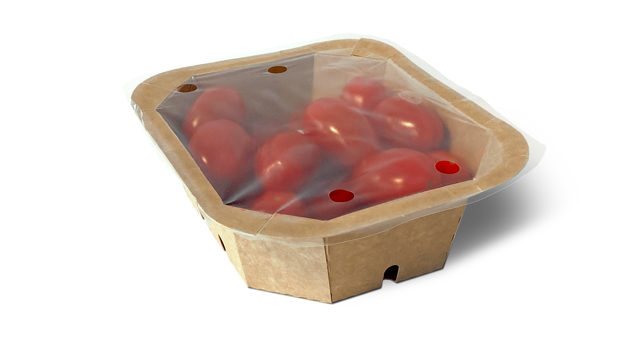
The European packaging sector is under pressure, forcing innovation in often more expensive solutions for clients and consumers. Van der Caaij, though, makes a case for the industry: "It takes far more CO2 and electricity to grow fruits and vegetables than to produce the packaging. Packaging isn't willy-nilly either; it has a function. It keeps products clean and guarantees shelf life. With no packaging, there's a much greater risk of loss in the supermarket. That means CO2 emissions and energy consumption during cultivation, storage, and transport were for nothing. I think the main thing is to make all packaging recyclable and to recycle everything effectively."
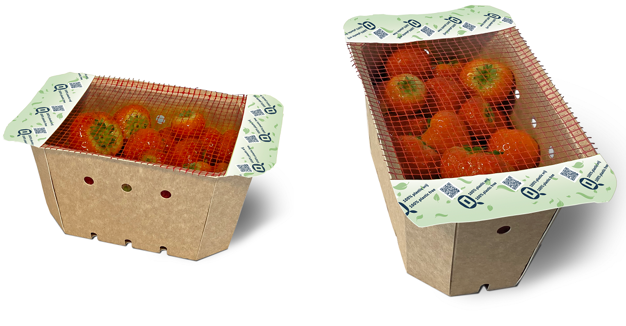
Regardless, Quality Pack is not standing idle. At the request of several customers, the company now makes a cardboard tray with a cellulose flow pack for grapes and avocados. "That's going quite well. It's a completely plastic-free solution and can run on existing flowpack machines. There's one drawback: if the product's too moist, the cellulose softens," says Marnix, adding that cellulose top sealing, too, is in the pipeline. "We just have to complete certification," he concludes.
For more information:
Marnix van der Caaij
[email protected]  Quality Pack
Quality Pack
Tel.: +31 (0)180 555 999
[email protected]
www.qualitypack.nl
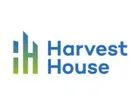
Harvest House
[email protected] l
www.harvesthouse.nl
